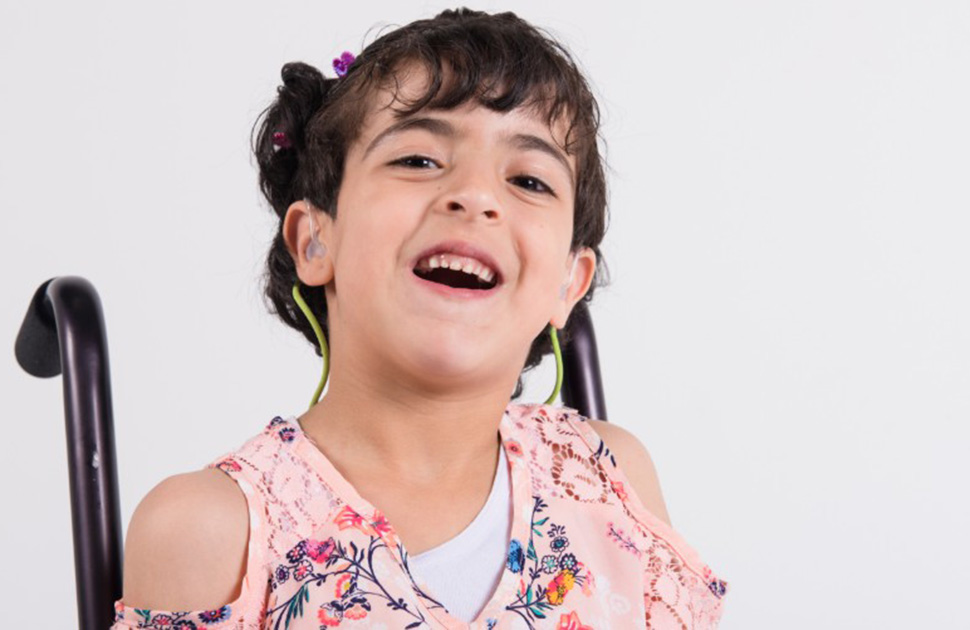OTTAWA, Canada – February 8, 2022 – Cannabis-related emergency department visits and subsequent hospitalizations for adolescents and young adults in Ontario have increased nearly five-fold from 2003 to 2017, according to a new study led by the CHEO Research Institute.
The study “Cannabis-related emergency department visits by youths and their outcomes in Ontario: a trend analysis” published in CMAJ Open (Canadian Medical Association Journal) highlights an important emerging public health problem and a trend that is persistent and accelerating.
“It’s troubling to see such a dramatic rise in pediatric cannabis-related emergency department visits, even before legalization,” said the study’s lead author, Dr. Melanie Bechard, a Researcher and Emergency Department physician at CHEO, a pediatric health-care and research centre in Ottawa. “The social reasons behind this surge are not found in the data used for this study, but the significant increase in visits should be a warning to families and doctors. More research is needed to identify the causes of this increase and the health and social consequences of cannabis-related visits for these youths.”
The study examined more than 14.5 million administrative records of visits to emergency departments in Ontario from 2003 to 2017. The investigators found that the rates of youth with a cannabis-related visit to the emergency department increased. So did the medical severity of cannabis visits and the likelihood that an emergency department patient with cannabis intoxication would be admitted to the hospital.
“It’s important to be aware that cannabis-related emergency department visits in youth were on the rise even before the 2018 legalization of recreational cannabis use for adults 18 and older in Canada. Post-legalization and with cannabis edibles, such as chocolates and gummies, now available throughout Canada, these rates may continue to rise,” said Dr. Bechard, who is also an Assistant Professor of Pediatrics at the University of Ottawa. “We suggest that emergency department clinicians maintain a high index of suspicion for cannabis exposure in young people presenting to the emergency department. Suppose a young person has unexplained decreased consciousness or agitation; in that case, doctors should ask about possible cannabis exposure early in the visit.”
The study did not aim to explain why there was an increase in cannabis-related emergency department visits. The goal was to provide an overview of an emerging population health issue that needs to be further examined and researched. One possible explanation for the increase in cannabis-related emergency department visits is that doctors may have become more aware of how prevalent cannabis use is. Another possible explanation is that some youths are consuming more potent cannabis products, or efficient modes of drug administration such as vaping, which can give a user a large and rapid dose of cannabis.
“A recent study showed an increased rate of cannabis poisoning in young children under 10 in Canada. Along with our study, this reinforces that parents must be aware of the risks associated with cannabis in youth and properly store and lock any cannabis products in the home,” advised Dr. Bechard.
This study was funded by a contract from the Public Health Agency of Canada (PHAC) and supported by ICES, who reviewed the study plan for creating the data set and analyzing the data.
Reference
Melanie Bechard MD, Paula Cloutier MA, Isac Lima PhD, Mina Salamatmanesh MS, Roger Zemek MD, Maala Bhatt MD MSc, Sinthuja Suntharalingam MD, Paul Kurdyak MD PhD, Melissa Baker PhD, William Gardner PhD. Cannabis-related emergency department visits by youths and their outcomes in Ontario: a trend analysis. CMAJ Open, Published Online: 8 February 2022. doi:10.9778/cmajo.20210142
-30-
Media contact:
Jennifer Ruff
Manager of Communications
CHEO Research Institute
(613) 261-3979
jruff@cheo.on.ca
About the CHEO Research Institute
The CHEO Research Institute coordinates the research activities of CHEO and is affiliated with the University of Ottawa. The seven programs of research at CHEO RI focus on a full spectrum of pediatric topics. Key themes include cancer, diabetes, obesity, mental health, emergency medicine, musculoskeletal health, electronic health information and privacy, and genetics of rare disease. At the CHEO Research Institute, discoveries inspire the best life for every child and youth. For more information, visit cheoresearch.ca.
About ICES
ICES is an independent, non-profit research institute that uses population-based health information to produce knowledge on a broad range of health care issues. Our unbiased evidence provides measures of health system performance, a clearer understanding of the shifting health care needs of Ontarians, and a stimulus for discussion of practical solutions to optimize scarce resources. ICES knowledge is highly regarded in Canada and abroad, and is widely used by government, hospitals, planners, and practitioners to make decisions about care delivery and to develop policy. In October 2018, the institute formerly known as the Institute for Clinical Evaluative Sciences formally adopted the initialism ICES as its official name. For the latest ICES news, visit www.ices.on.ca.
Media contact:
Niveen Saleh, Director of Communications at ICES
niveen.saleh@ices.on.ca





